Industry News
-
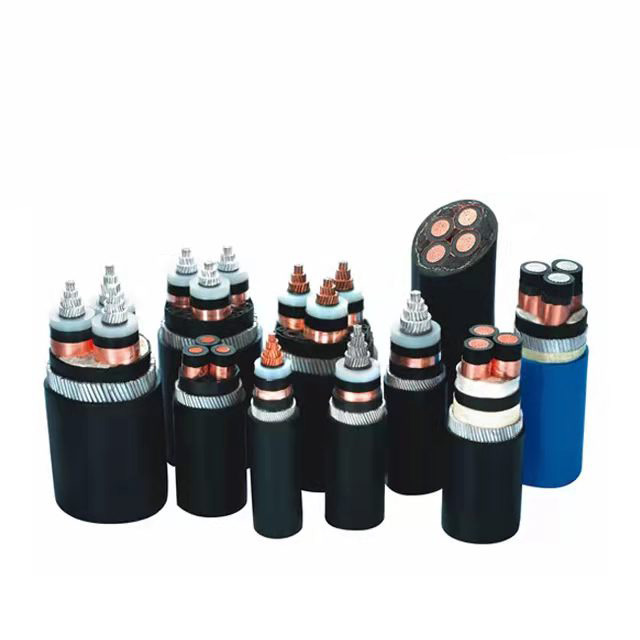
What is medium voltage cable?
Medium voltage cables have a voltage range between 6 kV and 33kV. They are mostly produced as part of power generation and distribution networks for many applications such as utilities, petrochemical, transportation, wastewater treatment, food processing, commercial and industrial markets. In gen...Read more -
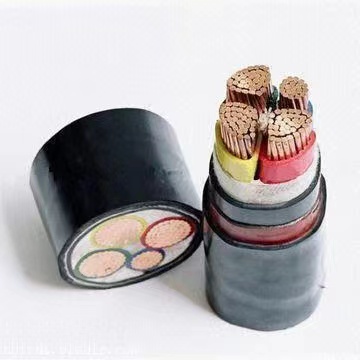
What are the causes of cable aging?
The most direct cause of cable aging failures is breakdown due to reduced insulation. There are many factors that lead to the reduction of sensitive insulation. According to the actual operation experience, it can be summed up in the following situations. 1.External force damage: quite a lot of ...Read more -

What kind of wire is good for home improvement?
With the progress of the times and the continuous development of science and technology, every household is inseparable from the use of electricity, and electricity covers every corner of our lives. Although the humble wire is insignificant, the relationship is very important. So what kind of wir...Read more -

What are the advantages of copper cables vs aluminum cables?
1. Low resistivity: The resistivity of aluminum cables is about 1.68 times higher than that of copper cables. 2. Good ductility: the ductility of copper alloy is 20~40%, the ductility of electrical copper is above 30%, while that of aluminum alloy is only 18%. 3. High strength: the allowable st...Read more -
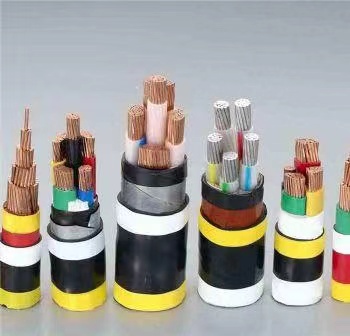
What factors will affect the electrical conductivity of wire and cable?
The conductivity of wires and cables refers to the stability and reliability of electrical signals when they are transmitted in wires and cables. In the actual production and use process, there are many factors that affect the electrical conductivity of wires and cables. The following editor will...Read more -

What are the advantages of rubber cables?
Rubber sheathed cables are widely used in various industries due to their many advantages. The following four points summarize the main advantages of rubber sheathed cables: ● Flexibility and Durability: Rubber cables are highly flexible for applications that require bending, twisting, or manipu...Read more -

Which is better between PVC cables and rubber sheathed cables?
When deciding which is better, PVC cables or rubber sheathed cables, it is important to consider various factors such as durability, flexibility, insulation properties, resistance to environmental conditions and cost. Each type of cable has its own advantages and disadvantages depending on the sp...Read more -

The difference between hard wire and soft wire
Hard and soft wires are two distinct types of electrical wiring that differ in terms of their structure, application, and flexibility. Understanding the differences between these wires is crucial for choosing the appropriate type for specific electrical needs. Hard wires, also known as solid wir...Read more -
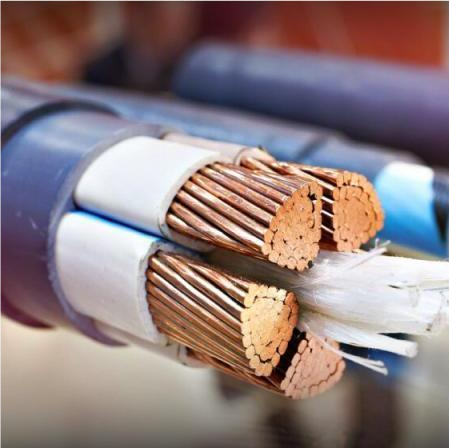
What are the main promising wires cables currently?
Several promising wires and cables are currently under development that have the potential to revolutionize various industries such as telecommunications, power transmission and data networking. These cables use advanced technology and materials to provide higher efficiency, higher data transfer...Read more -

How does the length of the wire and cable affect the use?
Wires and cables are an integral part of modern communications, power transmission and data exchange. They interconnect devices, machines and systems, enabling smooth and seamless transfer of data and power. However, the length of wires and cables can have a major impact on their use and efficien...Read more -

What are the advantages and disadvantages of solar cables compared to traditional cables?
Advantages of solar cables compared to traditional cables: 1.Better Performance: Solar cables are designed to withstand higher temperatures, UV radiation and weather conditions, making them ideal for solar systems. They are also optimized to reduce energy loss and maximize efficiency. 2.Higher ...Read more -
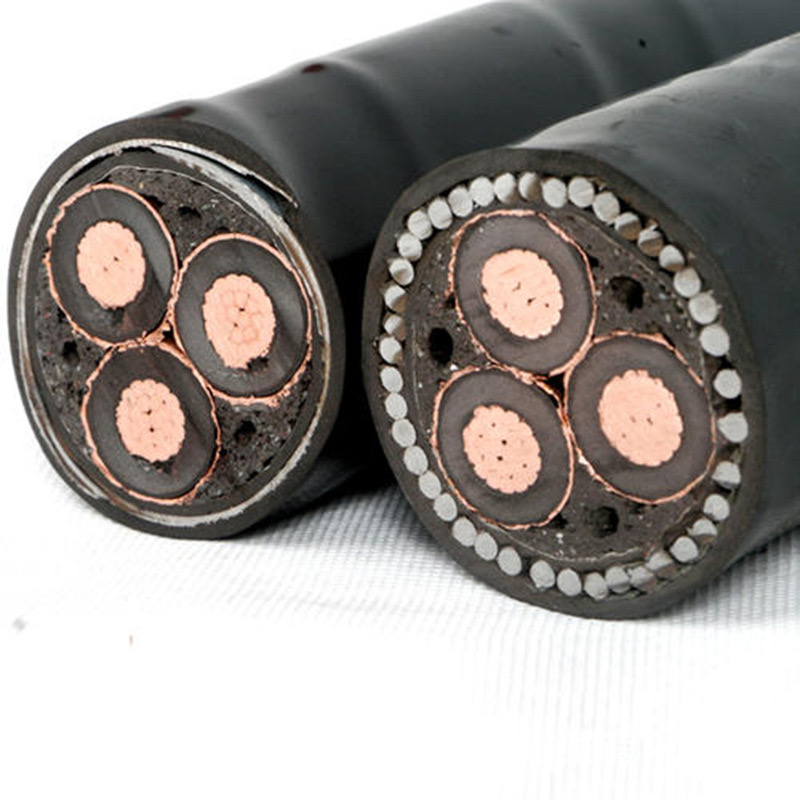
Technological requirements and instructions for armoured cables
1、Steel tape armoured cable 1. The steel tape should meet the requirements of YB/T 024-2008 ”Steel Tape for Armoured Cables”. The single-core cable steel tape armor is wrapped with a double-layer stainless steel tape with gaps and covers, and the multi-core cable is double-layer galvanized or p...Read more
















